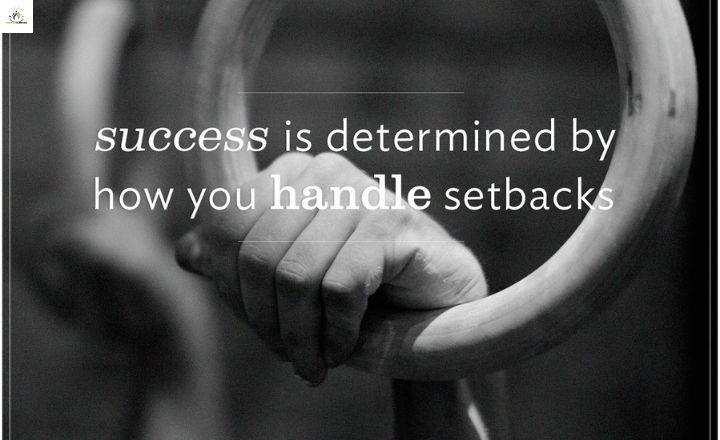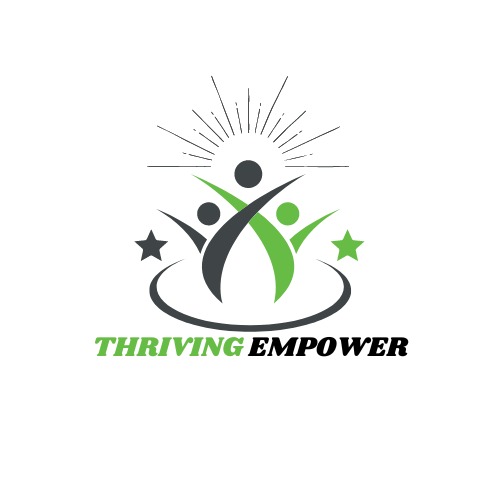Life is a relentless journey of ups and downs, where setbacks can feel like unwelcome guests crashing the party. Whether it’s a career disappointment, a personal loss, or an unexpected challenge, these moments can leave us feeling disoriented and defeated. But what if we viewed setbacks not as dead ends but as detours leading us to greater resilience and growth? The truth is that each stumble carries with it the seeds of recovery and transformation; it’s how we respond that defines our path forward.
In this article, we’ll explore five effective ways to overcome a setback and reclaim your momentum. By shifting our perspective from defeat to opportunity, we can cultivate strategies that empower us to rise stronger than before. From reframing negative thoughts to building a supportive network
Examples of setback in life
Setbacks in life can happen in many ways, each bringing its own challenges and chances to grow. Take the driven entrepreneur who puts everything into a startup, only to see it fail because of unexpected market changes.
At first, this may seem like a huge failure, but these experiences often spark resilience and creativity. By looking at what went wrong, the entrepreneur can find new solutions that they might not have thought of before, leading to future successes.
Setbacks often happen in personal relationships. A painful breakup can feel devastating, but it can also lead to important self-discovery.
People may start to rethink their values and what they want, which can help them form healthier relationships or discover new passions that improve their lives.
Whether through work challenges or personal heartbreaks, these setbacks can be turning points that help people reassess their paths and grow stronger
. Accepting these moments as part of life’s journey gives us a new view on its unpredictability, showing that growth often comes from tough times.

How to deal with setback in life
Dealing with setbacks in life requires a resilient mindset.
it’s essential to acknowledge your feelings and allow yourself to experience disappointment without judgment. This acceptance paves the way for growth.
Next, analyze the situation to understand what went wrong and identify any lessons that can be learned. Setting realistic goals can help you regain focus and motivation; break these goals down into manageable steps to avoid feeling overwhelmed.
Surrounding yourself with supportive friends or mentors can provide encouragement and perspective during tough times.
. Practice self-compassion—remind yourself that setbacks are a natural part of life’s journey, and it’s through these challenges that we often discover our strength and resilience.

Change your mindset to overcome a setback
It’s crucial to shift your mindset from viewing the situation as a failure to seeing it as an opportunity for growth.
Embrace the idea that challenges are a natural part of any journey and can provide valuable lessons. Instead of dwelling on what went wrong, focus on what you can learn from the experience and how it can shape your future actions.
Cultivating resilience means recognizing that setbacks do not define you; rather, they are stepping stones toward success. By adopting a positive perspective and maintaining determination, you can transform obstacles into catalysts for personal development and renewed motivation.

Don’t overthink
Overanalyzing can lead to unnecessary stress and hinder your ability to move forward. Instead of getting caught in a loop of negative thoughts, focus on what you can learn from the experience and how you can adapt.
Acknowledge your feelings, but don’t let them consume you; take proactive steps to regain your momentum. By shifting your mindset and concentrating on constructive solutions rather than dwelling on the problem, you’ll find it easier to bounce back and emerge stronger than before.
Take some time to refocus
Sometimes, you need to take a break to deal with a setback. Jumping back in can help, but it’s not always the best choice, especially if you keep failing. Set aside some time to relax and reduce stress. Don’t wait too long, or you might start to procrastinate or feel scared. Take a few days or a week to rethink your goals.

Reach out for support
A good way to deal with a setback is to ask for support. Talk to your family, friends, or a life coach. They can help you stay focused and give you helpful advice. If it fits your situation, find groups or organizations that support people with similar issues. Often, these groups have members who have faced the same challenges and can share valuable insights from their experiences.
Look for the positive to bounce back from a set back
Failures and setbacks teach us important lessons. Ask yourself what you can learn and how you can do things differently. By focusing on the positive, you will feel more motivated to move ahead.
Take action based on what you learn. Make necessary changes; otherwise, you risk repeating your mistakes. Overcoming setbacks is tough, but it’s essential for success.
When you face a setback, change your mindset. Don’t overthink it. Take a moment to refocus, seek support, and look for the positive aspects.

Conclusion
overcoming a setback is not just about recovering; it’s an opportunity for growth and self-discovery. By embracing resilience and maintaining a positive mindset, you can transform challenges into stepping stones toward success.
Remember to seek support from others, as collaboration often leads to fresh perspectives and renewed motivation.
It’s essential to reflect on the lessons learned from each setback, as they can guide you in making better choices in the future. So, take a moment to assess your own setbacks and commit to rising stronger than before—your journey awaits!
FAQs
What is a setback?
A setback is an unexpected obstacle or challenge that hinders progress towards a goal, often leading to feelings of disappointment or frustration.
How can I effectively cope with setbacks?
Coping strategies include acknowledging your feelings, reframing negative thoughts, seeking support from others, and taking small steps toward recovery.
Is it normal to feel discouraged after a setback?
Yes, feeling discouraged is a common reaction. It’s important to recognize these feelings as part of the healing process and give yourself time to recover.
Can setbacks provide valuable lessons?
Absolutely! Setbacks often offer insights into areas for improvement and can strengthen resilience, helping you grow both personally and professionally.

